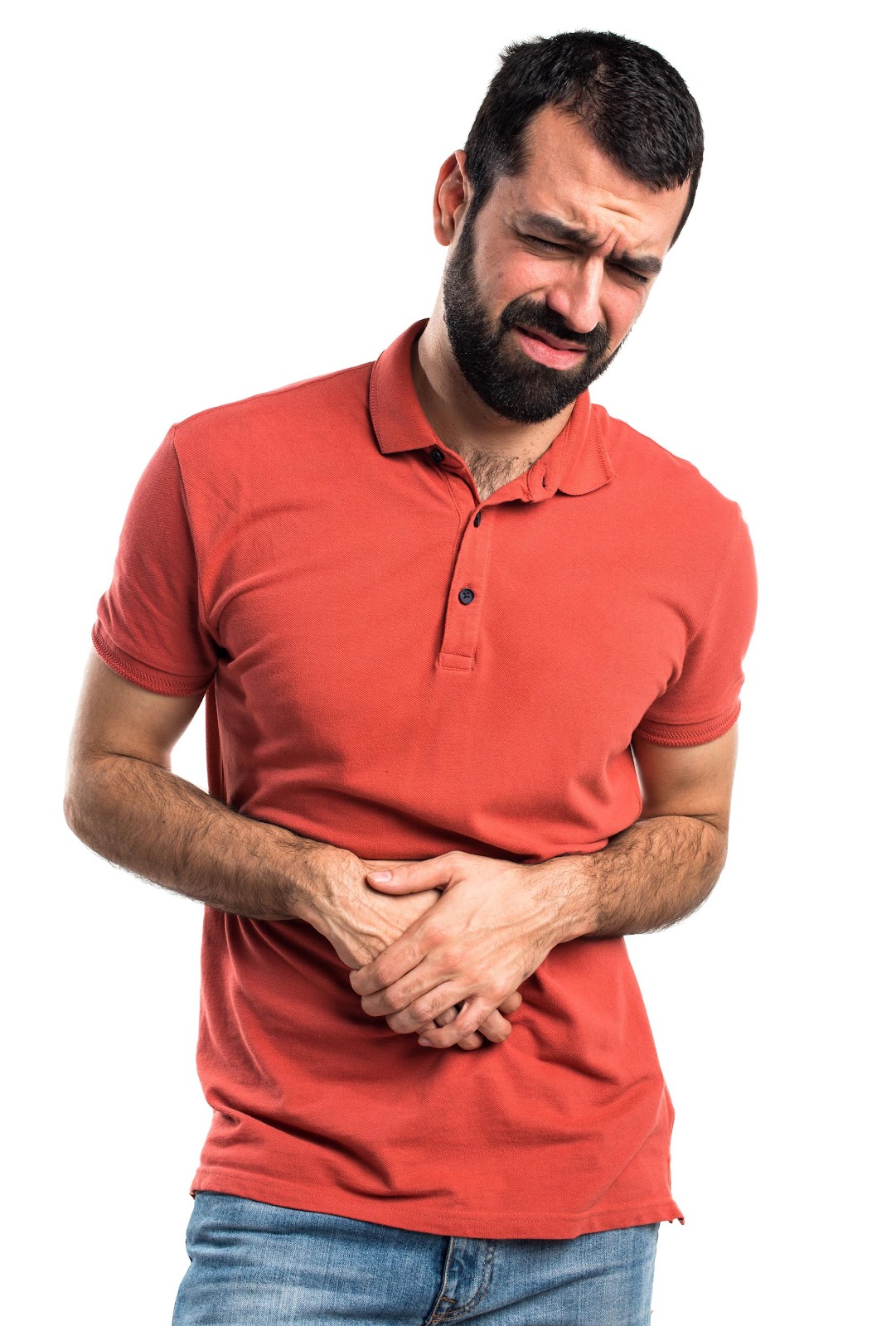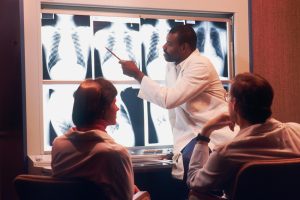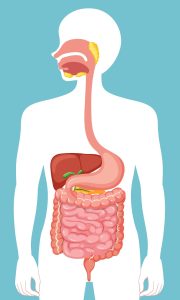Disclaimer:
This article is for information purposes only. It is not a substitute for medical advice or treatment. Seek medical care for your treatment.
Diverticulitis and diverticular:
Diverticulitis is the swelling in your diverticula, which are small pockets that grow on the inside of your colon. Having diverticula is called diverticulosis. When you grow older it is more common and mostly people never have any problems with it. Inflamed diverticula cause severe pain and other symptoms. It indicates that it has an infection which needs immediate medical attention.
Diverticular diseases spring from conditions linked to diverticulosis. This happens when pockets called “diverticula” develop in the walls of your digestive tract. Mostly they show up in the colon, the lower part of the large intestine. Strain in the intestine causes the inner layer to push through fragile spots in the outer lining. This protrudes the areas and creates little pouches. Diverticular disease increases with age. Approximately 10% of the people over the age of 40 will get diverticulosis and 50% will get it the age of 60. Nearly everyone over the age of 80 is impacted.
Treatment for diverticulitis:
Your treatment depends on the severity of your condition. Uncomplicated diverticulitis can be treated at home. Your doctor will suggest you to make certain changes in your diet plan. In some cases doctor might prescribe some medicines including antibiotics. You need to go to the hospital for the treatment if you develop complications from diverticulitis. You may be given fluids and antibiotics via an intravenous line. Doctor might perform surgery or another procedure depending on the type of complication.
Diet and diverticulitis:
Not every diverticulitis sufferer needs to refrain from any certain foods. You may discover, though, that some foods aggravate or enhance your condition. Your doctor might suggest you to boost your intake of high-fiber foods as your symptoms improve. A few research High-fiber diets have been linked with a lower risk of diverticulitis, according to a Trusted Source. Other studies have examined possible benefits of dietary or supplemental fiber for diverticular disease but are still unclear of the role fiber should play.
Furthermore, your doctor might suggest you to minimise your intake of red meat, dairy products with high fat content, and refined grain products. According to a large cohort study (Trusted Source), individuals who ingest a diet rich in these foods have a higher risk of diverticulitis than those who consume a diet high in fruits, vegetables, and whole grains.
Your overall digestive health and the management of diverticulitis can be influenced by your diet. Learn a little bit about some of the foods that may have a bearing on your symptoms.
Dietary changes:
Your doctor may advise continuing to a clear-liquid diet and averting solid foods for a few days to enable your digestive system to rest and recover.
You might be able to try eating low-fiber foods until your condition strengthens if your symptoms are not too severe or have started to improve. Your doctor will probably advise you to enhance the amount of high-fiber foods in your meals and snacks as your condition gets better.
Medication:
To relief pain or discomfort from diverticulitis, your doctor might suggest over-the-counter pain medicines such as, acetaminophen. If they doubt that you have an infection, they will prescribe antibiotics for the treatment. These are:
- Metronidazole
- Amoxicillin
- Moxifloxacin
It is imperative to take full course of prescribed antibiotics, even if your symptoms get better after first few doses.
Other procedures:
In the event that diet and medication prove ineffective in treating a complex case of diverticulitis, your physician may suggest one of the following procedures:
- Needle drainage: during this procedure a needle is inserted into your abdomen to drain abscess of pus.
- Surgery: surgeries include draining an abscess of pus, repairing a fistula or removing infected segments of the colon.
Surgery for diverticulitis:
If you go through various episodes of diverticulitis that cannot be efficiently managed with dietary changes and medications you doctor might go for a surgery. Complications from diverticulitis can also be treated through surgery. There are two chief types of surgery for the treatment of diverticulitis.
Treatment at hospital:
In case of severe diverticulitis you need to go to the hospital, especially if:
- Your discomfort or pain cannot be controlled using paracetamol
- You fail to keep yourself hydrated
- You are unable to take antibiotics orally
- Your overall health is poor
- You have a feeble immune system
- Your GP doubts complications
- Your symptoms do not improve after two days of home treatment
Bowel resection with anastomosis:
During a bowel resection with anastomosis, a surgeon eradicates infected segments of your colon and rejoins the healthy segments to each other.
Bowel resection with colostomy:
In a bowel resection with colostomy, the surgeon eradicates infected sections of your colon and joins the end of the healthy section to an opening in your abdomen, called a stoma. Both procedures can be performed as open surgery or laparoscopic surgery.
Home remedies for diverticulitis:
Home remedies for diverticulitis are all about making dietary changes but there are some other options that may be helpful for symptoms and digestive health. Some of the home remedies are:
- Probiotics: although some more research needs to be done but some trusted sources have found that certain strains of probiotics might ease off or avert symptoms of diverticulitis.
- Aromatherapy: some essential oils help minimise pain, which could be better for managing your symptoms.
- Acupuncture: acupuncture not only improves digestive issues like constipation but helps in treating severe pain
- Herbs: certain herbs have strong anti-inflammatory characteristics including ginger, turmeric and rosemary. More research is needed to assess the effects of these herbs on diverticulitis especially.
Preventing diverticulitis:
Experts believe that various factors play the role in developing diverticulitis. Certain preventive steps not also encourage good overall health. Some strong risk factors can be changed through certain lifestyle changes. For instance it might help to:
- Try to keep a moderate body weight
- Consume a fiber rich diet to help bulk up stool
- Restrict your consumption of saturated fats
- Get plenty of vitamin D
- Abstain from smoking
Conclusion:
An unusual adverse effect of diverticulosis is diverticulitis. Diverticulitis that causes its own complications is even less prevalent. If that occurs for you, however, you may need emergency care. Talk to a physician straight away if you experience diverticulitis symptoms. They will determine the course of treatment you require, whether it can be safely administered at home, and whether you must remain in the hospital.




